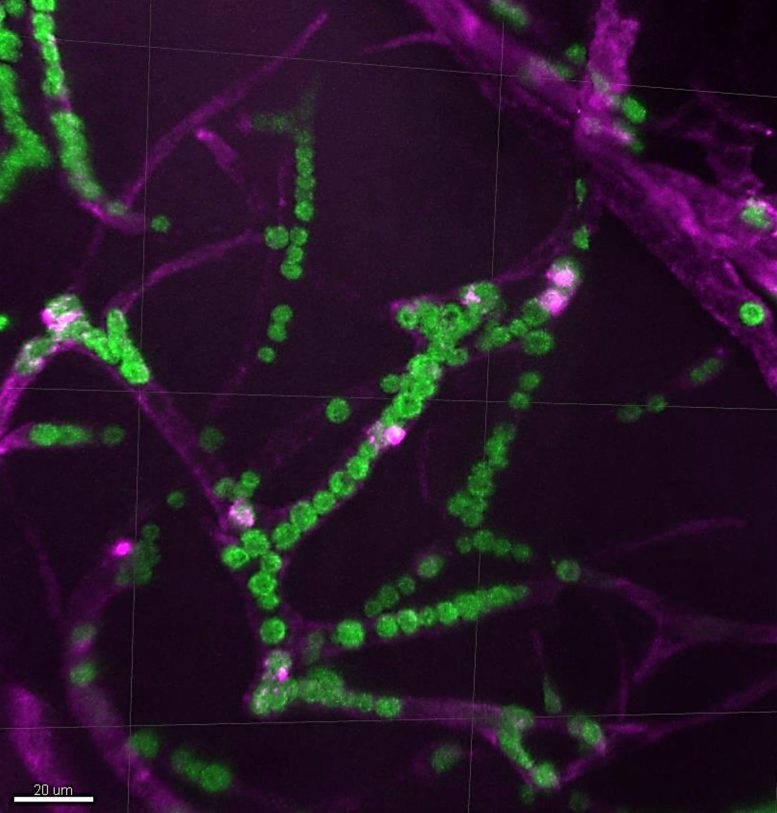With nearly 1,000 years of brewing tradition in Bavaria, the brewers in and around Munich have fine-tuned their craft and growing a global reputation. In fact, 6 million people come from 40 countries around the world just to attend Oktoberfest. Alongside Munich’s major breweries and despite Germany’s strict purity laws, craft breweries are starting to emerge in Munich, bringing fresh flavors to the beer scene here in Munich.
We’ll begin by exploring some of the history, culture, and traditions of Bavaria’s relationship with beer, including some facts and prices. Then I’ll profile the six biggest breweries in Munich – known as the “The Big 6”, help you plan the best brewery tours, day trips, and beer-related activities, and finally uncover emerging craft beers.
A Brief History of Beer in Munich
The Munich area is home to the world’s oldest brewery still in action, dating back to 700 AD. So, it is safe to say that Munich’s beer history is long and embedded in their culture. But, to make a long story short-ish, most breweries in Munich have religious roots.
The Munich area is home to the world’s oldest brewery still in action, dating back to 700 AD. So, it is safe to say that Munich’s beer history is long and embedded in their culture. But, to make a long story short-ish, most breweries in Munich have religious roots.
Monks living in monasteries were the first brew masters. Churches would use beer as incentives to encourage people to attend church, with many German receiving free beer on Sunday and other religious events. Religious roots still exist today, and Starbierfest is an event during lent to drink strong Doppel beer during the fasting period.
It wasn’t long before the royalty got involved in the profitable beer industry, and beer was soon taxed to provide income for the royal families and government. Production quickly spread to prominent families that owned restaurants, and the brewing industry boomed.
It wasn’t long before the royalty got involved in the profitable beer industry, and beer was soon taxed to provide income for the royal families and government. Production quickly spread to prominent families that owned restaurants, and the brewing industry boomed.
The Purity Law
Along with it, many laws and regulations began to govern brewing. In 1516 a law was passed that beer must be made with only barley, hops, water (yeast was later added), or it could not be called beer. This law still exists today here in Germany. If any additional ingredients are used in the brewing process, such as orange, sugar, or chocolate, it can not legally be called beer.
Along with it, many laws and regulations began to govern brewing. In 1516 a law was passed that beer must be made with only barley, hops, water (yeast was later added), or it could not be called beer. This law still exists today here in Germany. If any additional ingredients are used in the brewing process, such as orange, sugar, or chocolate, it can not legally be called beer.
If you’re thinking about some of those German craft beers you’ve tried and are confused, brewers can use the official name for the brew, such as IPA, Stout, etc., but it can’t be called beer.This ensures the highest quality of beer is being produced in Munich. READ MORE...


